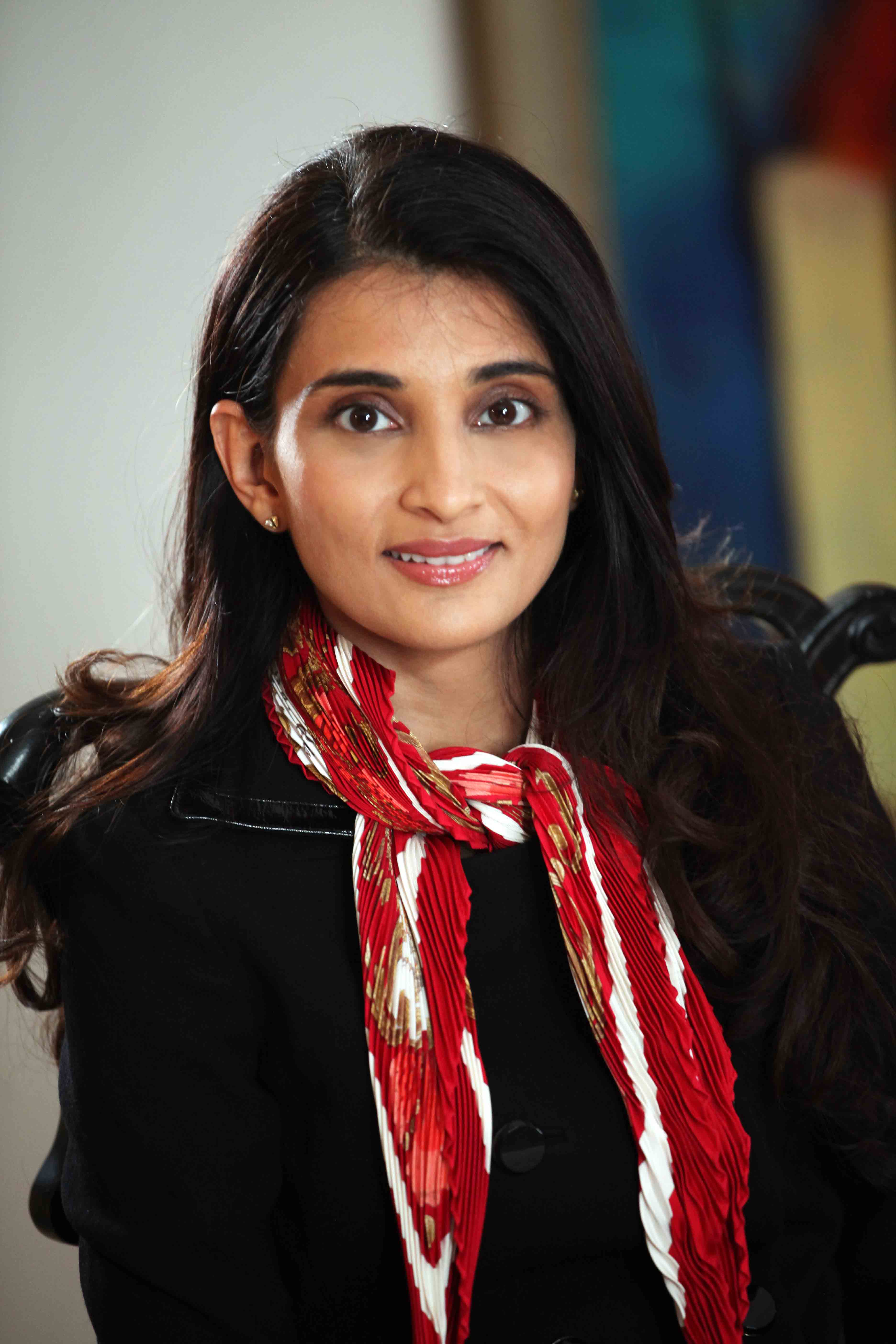 Aditi Kothari, Executive Vice President, DSP BlackRock Investment Managers passionately evangelizes the cause of women investors in a Q & A with Cafemutual.
Aditi Kothari, Executive Vice President, DSP BlackRock Investment Managers passionately evangelizes the cause of women investors in a Q & A with Cafemutual.
How did the idea of educating women about financial planning come about?
The idea had its genesis in an incident that happened in our firm. A few years ago, a young employee met with an untimely demise and left behind a grief stricken wife, the mother of his two children. Consequently she became the beneficiary of a sizeable life insurance claim and some company compensation money. Prying relatives saw this as an opportunity to make a quick buck and were ready with many suggestions on what to do with the money. In her vulnerable state she may have even signed away her inheritance, had the DSP BlackRock team not intervened and guided her through a customised investment plan, based on her financial objectives and risk tolerance level.
I have come across other such incidents involving freshly divorced friends with a sizable alimony. Some of my single female friends who have a healthy income at times lack the confidence, interest or knowledge to make their own investment decisions and remain vulnerable. Further, they do not know where to find a credible financial advisor who would understand their concerns. All of us have read about women taken for a ride and having their finances wiped out in the process.
This was the motivation behind Winvestor. DSP BlackRock wanted to make the highest impact and we decided to focus on building awareness by bringing together interested women with professional female financial advisors, as we felt women would feel more comfortable talking about their concerns with other women.
What activities have you planned to spread financial literacy among women? How are you reaching out to them?
We are currently working on a number of initiatives to build awareness of financial literacy among women.
We have a dedicated website, www.winvestor.dspblackrock.com, where we stress on why women need to understand financial planning better. Soon, we will be launching our blog with articles and case studies written by our Winvisors (our female financial advisors who volunteered to be part of our initiative).
We have been conducting financial clinics. These are essentially pro bono one-on-one sessions that our Winvisors conduct with women seeking financial knowledge (Winvestors). If a Winvestor finds a Winvisor through our website or meets with her during one of our specially arranged meetings, the first session is free of cost. If you are a woman advisor and would like to be a part of our Winvisor list, you can register at http://financialadvisors.dspblackrock.com/adviser- resources/updates/winvestor/register.aspx
We have tied up with a leading business channel for a program that seeks to guide the new age independent women to take better financial decisions. In print, some of our Winvisors have been addressing female reader's queries on personal finance in a leading women oriented magazine for the past six months. This has also helped us build awareness, which we could sense by the questions readers ask us.
We have also been participating in social initiatives like conducting financial literacy campaigns for underprivileged women in collaboration with Sanchayan, a reputed NGO focused on spreading financial awareness based in North India and sponsoring various awards to encourage women entrepreneurs in association with Mann Deshi, a nonprofit bank for rural women.
How many women have you reached out so far? What feedback have you received from women?
To date, we have had over 130 registrations and run over 70 Winvisor clinics. We also constantly receive emails asking for more information on financial clinics.
The feedback we have received from women only validates our belief that women tend to pass on investment making decisions to the male members in their family, as they are not confident. They also express the wish to become financially savvy and confident to make their own investment decisions. Women who attended our clinic have expressed their appreciation to us for providing this opportunity and platform to them.
What is your advice to advisors who want to cater to women investors?
Women are different from men in terms of their aspirations, priorities in life, lifestyle commitments & more importantly their financial planning needs. Financial advisors must understand all these parameters and be empathetic when talking to women.
Women like to be listened to and connected with before they are able to trust you and believe in the plan you present to them. Advisors must understand her goals, hopes and concerns; and keep the jargon clear & simple when providing financial strategies. Surveys also show that women like to hear real-life examples rather than pure financial analytics and statistics. Discussions should therefore extend beyond just numbers to create a meaningful personal connection.
In addition, financial advisors must be patient in explaining even basic concepts to women and thereby encourage them to make their own financial decisions by building their confidence, one meeting at a time!



